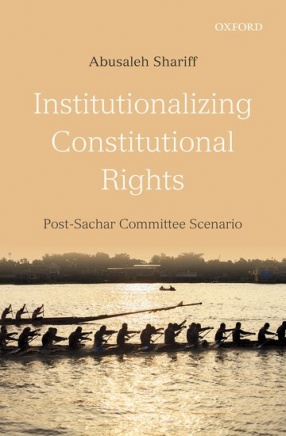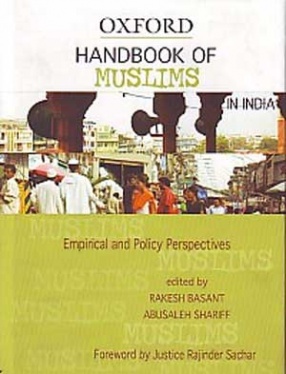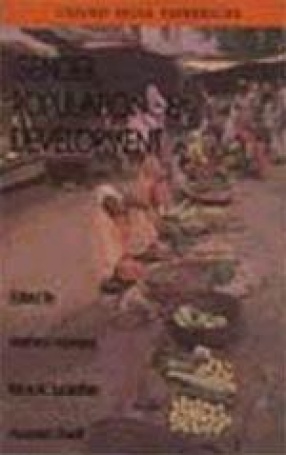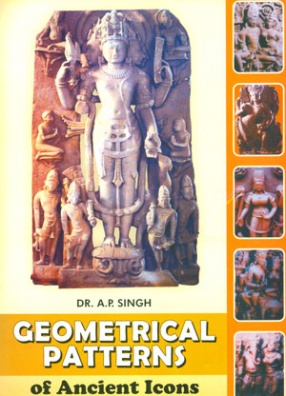The political discourse in India experienced a fundamental shift when the Sachar Committee Report revealed that despite the national and state governments’ minority development policies and programmes, the Muslim community was among the most deprived and backward, worse off than the scheduled castes and scheduled tribes, in most of the outcome indicators. Many new pro-poor and inclusive policies were introduced as a response to the recommendations of the report. This book makes a critical assessment of the impact of ‘post-Sachar’ policies, bridging the gaps in empirical measurements and analytical documentation, and making them accessible to the public at large. The book recommends policies and institutions required for ensuring the constitutional right to equal opportunity for all Indian citizens, especially minorities, such as setting up of an Equal Opportunity Commission and systematically computing a diversity index to improve the process of assimilation of the deprived groups, including the minorities, into the national mainstream.
Contents: Preface. 1. Introduction. I. Education, employment, economy, and human development: 2. Demographics of education levels and type of education. 3. Economy and employment. 4. Social structure, diversity, and economic growth. 5. Monitoring equal opportunity through human development. Index. II. Critical analysis of inclusive policies: 6. Critical analysis of the programmes of the ministry of minority affairs. 7. Development credit and financial inclusion. 8. Special purpose programmes and public institutions favouring minorities. 9. A case study of inclusive development of Gujarat. 10. Equitable social and economic development in India: recommendations on institution-building and policies. III. Appendices.








There are no reviews yet.